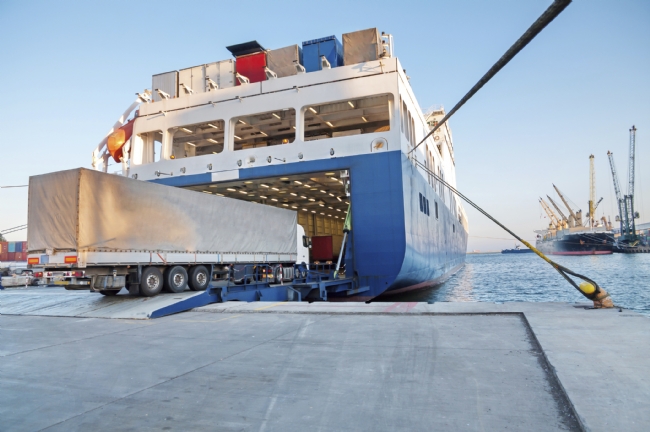Changing Course
Share this blog
Latest Maritime Vacancies
Claims & Insurance Manager (Part-time) – London
Global HR Director – Europe
Operational and Commercial Pricing Analyst- London
Insurance Executive – Singapore
Director – Strategic & Commercial – Europe
How your smartphone got here

Why it’s important to know how your new phone got to the shop shelf…
The Chamber of Shipping recently proposed that ‘sea blindness’ was a myth after 84% of the 2,026 people that ComRes surveyed for the Chamber correctly identified shipping from a list of three, as being the chief mode of transport for the country’s imports and exports.
On reading this, my immediate thought was not so much that even with a multiple choice approach, 16% of people still did not recognise shipping as being the obvious main form of transport where more than 90% of the UK’s imports were concerned.
It was whether in this day and age anyone really needed to understand how their phone, car or bunch of bananas might have magically ended up on the shop shelf, in the showroom or at the supermarket?
Perhaps if more people really do know the 90% statistic, though, then this will influence the public’s general understanding of the strategic importance of shipping to the UK just as we enter into Brexit negotiations and begin to look for new trade deals.
And such wider awareness could then result in pressure on government to invest more in transport infrastructure, or associated areas such as making the UK Flag more attractive or boosting the Royal Navy in its role of protecting trade routes.
Likewise the more people who are aware of how important a particular sector is and how it works, the more they are likely to seek out information about that industry and any potential careers.
So a greater collective maritime knowledge might help to focus the Government’s attention on providing improved funding and access where jobs and training opportunities at sea and ashore are concerned. This then would ensure future generations continue to enter the industry.
If consumers understood too that their mobile phone may have travelled up to 500,000 sea miles for all its raw materials and constituent parts to be pulled together into one unit, then would this impact on their decision to buy it – and in turn influence a retailer’s approach to managing the environmental impact of its transport chain? Who knows, but it’s an interesting thought.
Having a better understanding of just how important the maritime sector is to our economy and society might also allow people to sense just how different their lives would be without those who work at sea facilitating 90% of the world’s trade.
Combining this with a greater insight into the challenging and sometimes harsh nature of the role and life of a seafarer, would also hopefully mean a higher propensity for people to support maritime welfare charities such as Seafarers UK.
So, knowing where my phone came from and more importantly how it got here, opens up a whole world of understanding and possibilities. This is what Seafarers Awareness Week is all about.
The UK will only survive and thrive by means of the sea, shipping and seafarers, and this suddenly seems more important than it has for a very long time.
Nigel Shattock, Director of Fundraising & Communications, Seafarers UK www.seafarers.uk